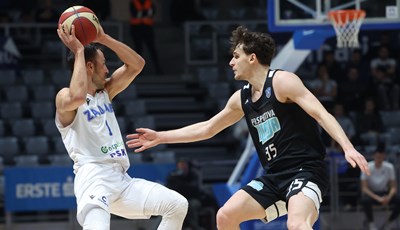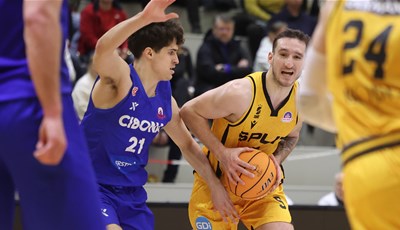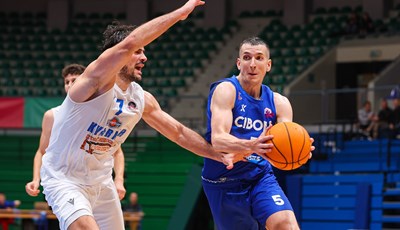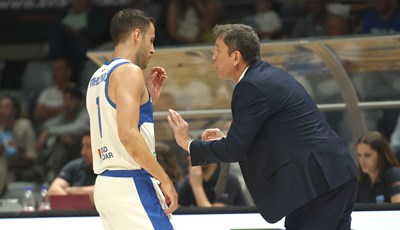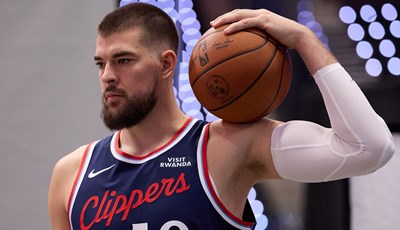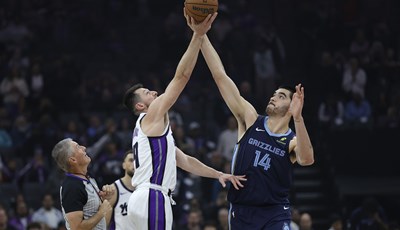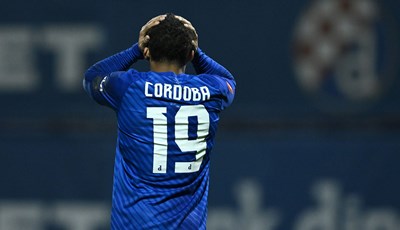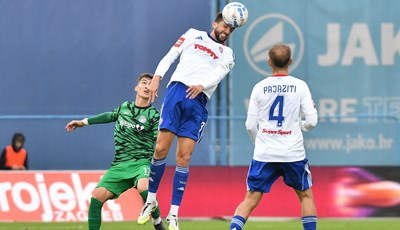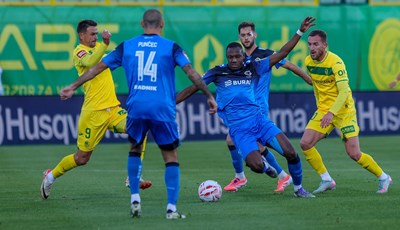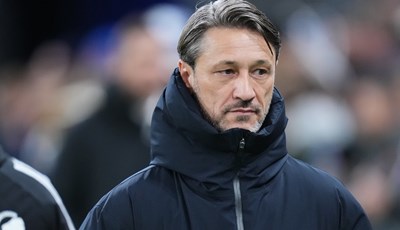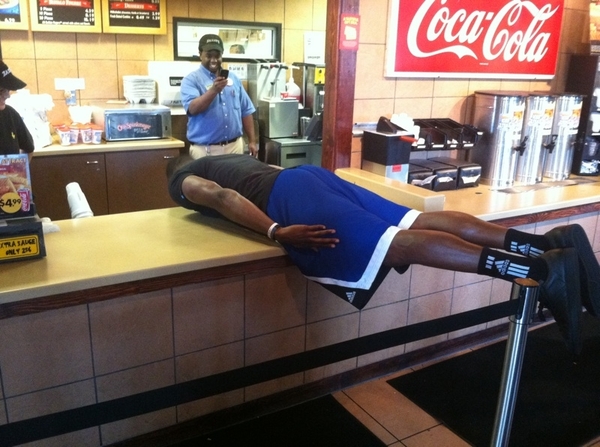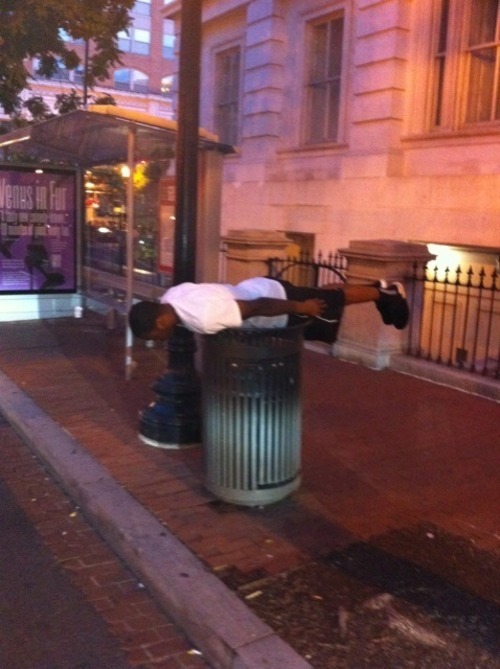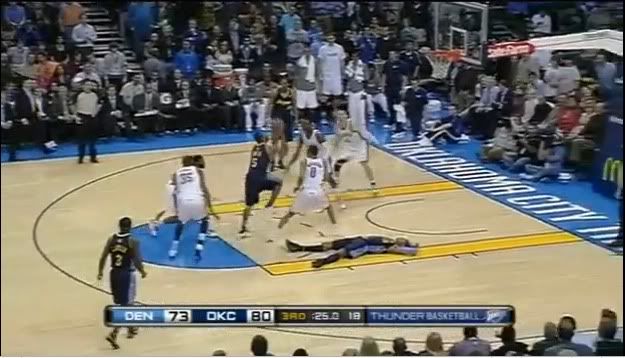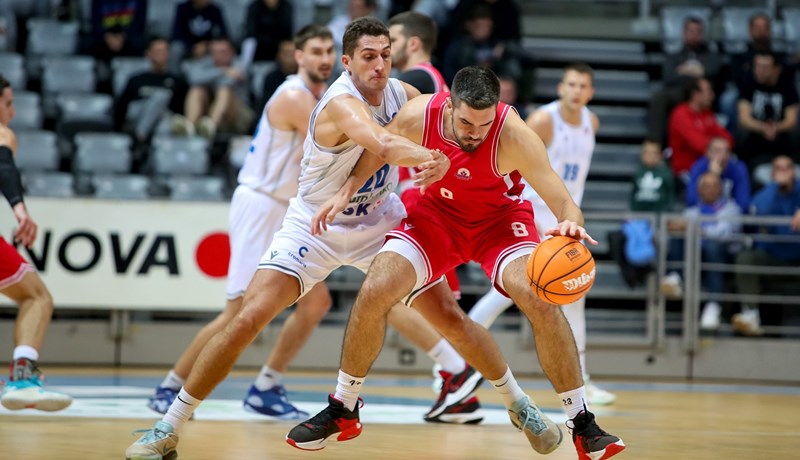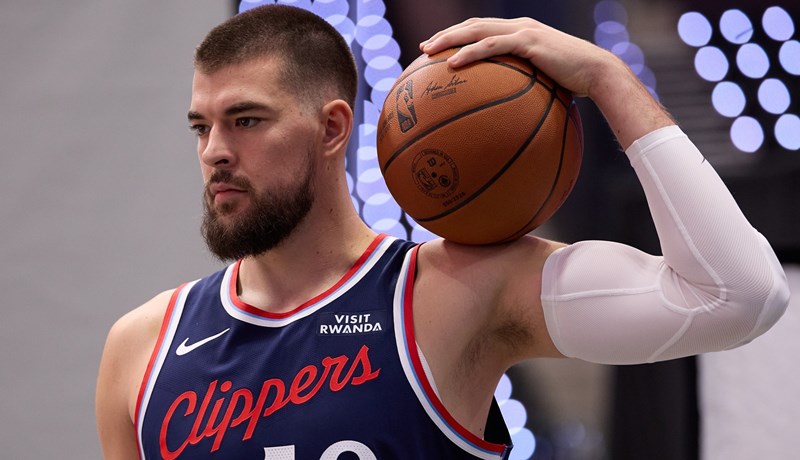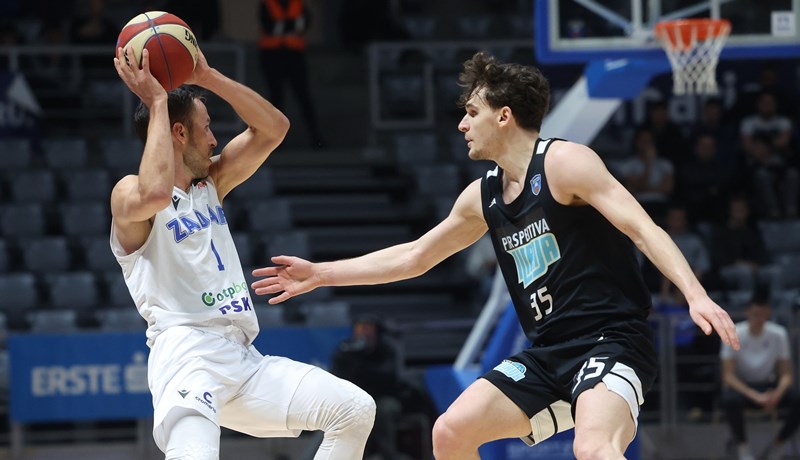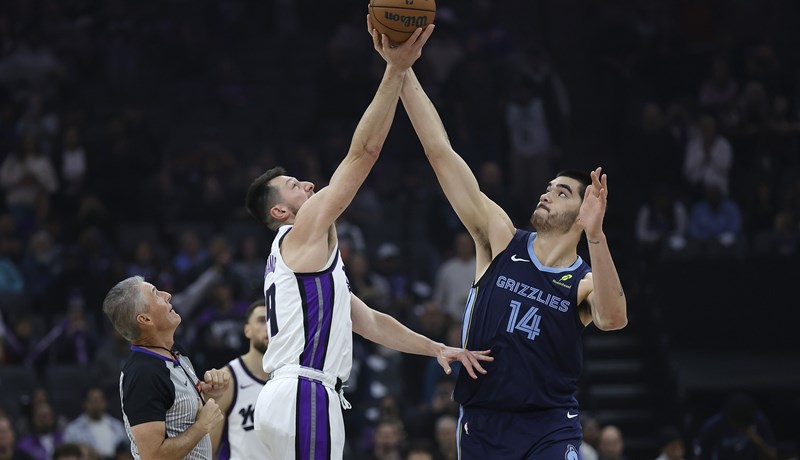Kako izbjeći lockout
Salary cap
What the owners want: A hard cap, which they’re
calling a “flex-cap,’’ set at $62 million over a 10-year deal. With the
league claiming that 22 out of 30 teams lost money this past season, and
losses exceeding $300 million again, owners are demanding more cost
certainty and the end to their practice of overpaying non-productive
players with long, expensive deals. In other words, they’re telling the
players, please save us from ourselves.
What the players want: The current soft cap that has
helped players enjoy tremendous prosperity since it became a part of the
NBA landscape in the early 1980s. With the current cap set at around
$58 million, they’re making $2 billion annually in salaries and
benefits, with the average salary at nearly $5.9 million per season. For
the past 18 months they’ve heard owners tell them that they’re losing
their shirts, and they’re still not buying it.
Our solution: Stay with the soft cap, but make it
harder. How? Make the so-called mid-level exception every other year,
instead of an annual feature, shorten it and all other contract lengths
and slash guaranteed raises.
Revenue split
What the owners want: A 50-50 split, if not something
even more in their favor. They’re looking to slash players’ salaries by
$800 million per season.
What the players want: A five-year deal with a split
similar to the 57-43 one they enjoy now, which gives them around $2
billion annually in salaries and benefits. They’ve offered a cut of $100
million per season, but that was rejected by owners.
Our solution: Since we’re advocating a harder cap, but
not an NFL-style rock-solid hard cap, the players should be prepared to
accept a smaller slice of the pie. We’re no longer in 2005, when 57
percent of the basketball related income (BRI) was a reasonable deal
pushed by the owners. Look at what’s happened to the nation since. The
economy stinks and players need to accept that fact. They need to make
do with less, as millions of Americans have had to do. They’ll hate
doing it because it looks like they’re caving in. But by accepting a
paycut that all Americans can relate to, and showing they’re in tune
with the real world, it will do wonders for their image.
Lengths of contracts
What the owners want: No guaranteed deals, at all.
What the players want: Guaranteed contracts, similar
to what they have now, with players able to re-sign with their own team
for six seasons when they’re free, or to sign with another team for five
seasons when they hit the open market.
Our solution: The NBA is never going to be the NFL,
where guaranteed contracts are about as rare as teams that run the
Wishbone offense. But the time is right for shorter deals. Those should
now be reduced to five years when a player re-signs with his team, and
to three years when he goes to a new team. By doing that, the "home
team" still gets the advantage, as it should.
Guaranteed raises
What the owners want: Major reductions from the
current automatic 10.5% for players who get new deals with their own
teams, and 8% for players who go to new teams as free agents. When you
see how many players get automatic raises and then don’t produce
commensurate with those raises, you can see where the system is flawed
and expensive.
What the players want: Close to the same percentages
that are now given. It sounds great, except for teams that are stuck
giving raises to the Eddy Currys of the world, who rarely play because
they’re hurt or don’t merit playing time even when they're healthy.
Our solution: It goes back to the lousy economy and
what players need to do. As much as they won’t like it, players need to
accept drastic cuts -- 5% raises when they re-sign with their teams and
3% when they go to new teams. Maybe it's time for raises to be tied to
statistics and how much players helped their teams. But there still
needs to be a difference in guaranteed raises to help the "home team"
keep their top players without resorting to a franchise tag.
Revenue sharing
What the owners want: Depends on what owner you’re
talking about. The big-market owners (Knicks and Lakers) print money and
don’t have to share local gate and broadcast revenues with other
owners. In New York and L.A. those revenue streams are often bigger than
all the money that the Memphis and New Orleans teams take in over a
given season. The small-market teams want a bigger cut of the pie
because they believe it will help them keep their top players and allow
them to spend more money on their team, thus making them more
competitive.
What the players want: Because they’re being asked to
take big paycuts to help the league stop losing money, they want a say
in how revenues are divided among teams.
Our solution: Let the owners’ accountants figure it
out. This is not an issue for players, as much as their argument to be
involved in the process has merit. We’re not saying it’s got to change
to an NFL-style system, where the smallest teams, like Green Bay, and
the major-market teams, like the New York Giants, share about 80 percent
of all revenue from media deals, national sponsorships and merchandise
sales. But as of now, NBA teams share money from national TV contracts
and funds collected from teams that exceed the luxury tax. Compared to
other major sports, that’s a pittance. To really work, there’s got to be
more money changing hands.
Amnesty clause
What the owners want: A beefed-up clause from 2005,
when they adopted the so-called "Allan Houston Rule." That was a
one-time opportunity for teams to remove the worst contracts from their
books so that they didn’t have to pay the penalty from the player’s
contract on the luxury tax.
What the players want: The same clause from 2005.
Our solution: A stronger clause this time around.
Teams should be able to remove one bad contract, entirely, from their
overall salary-cap number, to help with their costs. Having the contract
removed, only for luxury tax purposes, only goes so far.
How we see it playing out: It’ll be long and bloody. To which we say, a plague on both their mansions!
